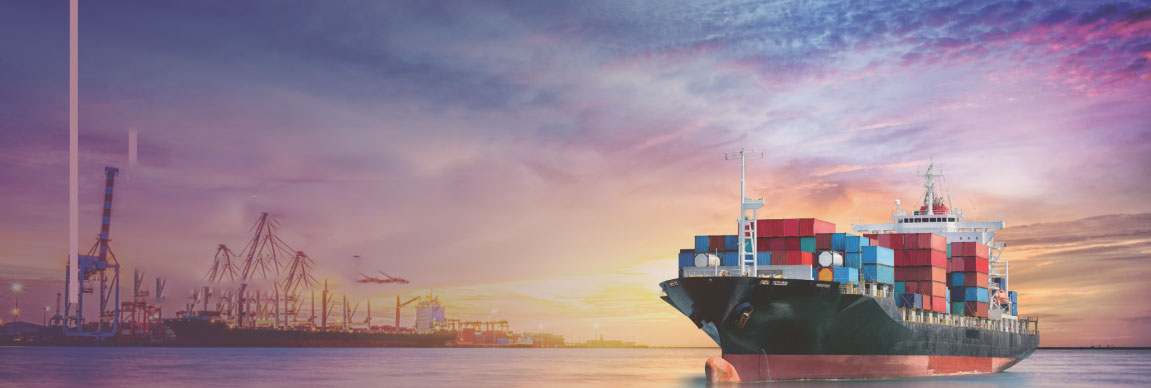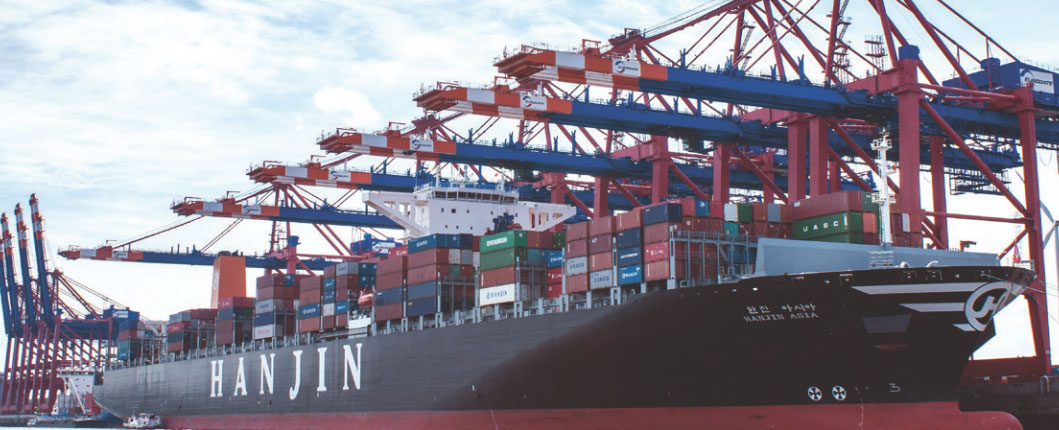
In a seismic shift in the global trade landscape, the attacks in the Red Sea have prompted shipping giants Maersk and CMA CGM to reroute their vessels, accompanied by the imposition of surcharges that threaten to compound the escalating costs of sea transport. This recent development underscores the heightened geopolitical tensions, particularly as the Houthi militant group continues to target vessels, injecting an element of unpredictability into maritime routes that are crucial for world commerce.
Maersk and CMA CGM, two of the maritime world’s titans, find themselves at the forefront of a strategic shift. Faced with attacks on vessels in the Red Sea, they have opted to redirect their ships around the Cape of Good Hope, the southern tip of Africa. This deviation adds approximately 10 days to the usual 27-day journey from China to Northern Europe, signalling a departure from the swiftest sea route between Asia and Europe – the Suez Canal.

In response to the extended voyages and heightened operational challenges, Maersk has declared a severe operational disruption, necessitating immediate measures. This includes the introduction of an immediate transit disruption surcharge (TDS) to offset the extra costs linked to the prolonged journey. Additionally, a peak season surcharge (PSS) effective from January 1 has been implemented, further complicating the financial landscape for global shipping.
The ramifications of this strategic shift are not confined to the shipping industry alone. Chinese automaker Geely has already sounded a warning about potential disruptions to its electric vehicle sales, citing delays in deliveries to Europe. The ripple effect on other industries heavily dependent on timely shipping routes for their international trade activities is now a looming concern.
The situation has prompted the United States to announce the formation of a multinational force to patrol the Red Sea, underscoring the gravity of the security challenges in the region. However, the lack of detailed plans has led shipping companies, including Maersk and CMA CGM, to continue their avoidance of the zone.
Logistics firms have already taken proactive measures, rerouting vessels to southern Africa in response to ongoing war risks in the Red Sea and the impact of drought in the Panama Canal. Anticipating further disruptions, customers have been recommended to book well in advance, foreseeing continued cancellations and rate increases into the first quarter.
CMA CGM, in tandem with Maersk, has also unveiled its contingency plan, involving the imposition of surcharges. These include an additional $325 per 20-foot container on the North Europe to Asia route and a $500 surcharge per 20-foot container for Asia to the Mediterranean.
As the shipping industry grapples with the unforeseen challenges brought about by geopolitical unrest, the imposition of surcharges not only represents a financial strain for the shipping giants but also poses a significant challenge for businesses and industries globally. The need for strategic planning, contingency measures, and diplomatic solutions to secure maritime routes is now more pressing than ever in an increasingly unpredictable global trade environment.